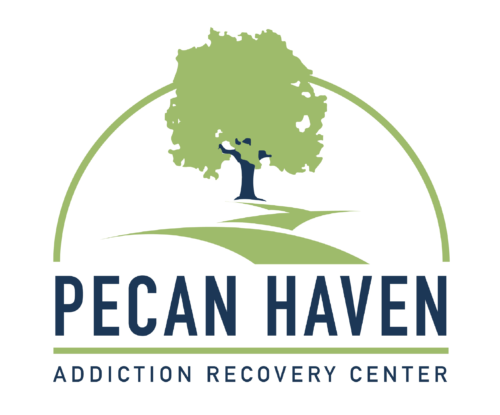Substance abuse and homelessness are two subjects that most people find uncomfortable.
Bringing up these subjects may make people shy away or change the subject– it can be unpleasant to talk about.
However, substance abuse and homelessness are both extremely important issues currently affecting many thousands of people in every United States city. It’s important to discuss these issues rather than sweeping them under the rug.
Substance abuse and homelessness are often interconnected– substance abuse can lead to loss of housing, and loss of housing can lead to substance abuse, too.
What exactly is the correlation between substance abuse and homelessness?
This question doesn’t have an easy answer. There are a wide variety of factors that connect substance abuse and homelessness. Some of these include a lack of access to addiction treatment, or a lack of access to proper mental health care.
Additionally, the lack of affordable housing is a major problem. The stress of having to work extremely hard to maintain even the most basic housing puts people at risk of substance abuse.
How does substance abuse lead to homelessness?
Substance abuse is considered a major risk factor for homelessness.
This is because someone in the throes of active addiction may choose their substance of choice over other necessities in their life– like housing.
Additionally, substance abuse can lead to financial problems, job loss, and strained relationships with friends and family, all of which can cause stress that can lead to homelessness.
How does homelessness lead to substance abuse?
Being homeless in the United States is extremely stressful, and it’s difficult to escape it once you’ve lost your housing.
For example, some jobs won’t hire people who can’t list a permanent address on their job application– which makes it really tough to find work in order to secure housing once again.
The stress and trauma of living on the streets puts people at risk of substance abuse, simply as a coping mechanism.
Plus, those who are currently homeless can have a much more difficult time securing health care of any kind, especially addiction services or mental health care that could help with their substance abuse problems.
What other factors contribute to substance abuse and homelessness?
Of course, it’s important to keep in mind that no social issues exist within a vacuum.
Substance abuse and homelessness have root causes beyond one another.
Some examples of contributing factors to either substance abuse or homelessness include poverty and trauma. Even someone who’s never used drugs or alcohol in their lives, but who struggles with money and is unable to find a job that pays enough to support them, is at risk of homelessness.
Similarly, someone dealing with trauma or PTSD might be unable to work– and therefore unable to secure housing for themselves.
What are some steps I can take to help address the problems of addiction and homelessness?
In order to help people struggling with either or both of these problems, we can make it a goal to increase access to treatment– allowing people to access substance abuse treatment can make a world of difference in their lives.
Either way, one of the most important solutions to substance abuse and addiction is simply seeking the proper substance abuse care.
If you or a loved one are struggling with substance abuse, it’s time to give the addiction experts here at Pecan Haven a call. We’re here to help you get your life back on track.
